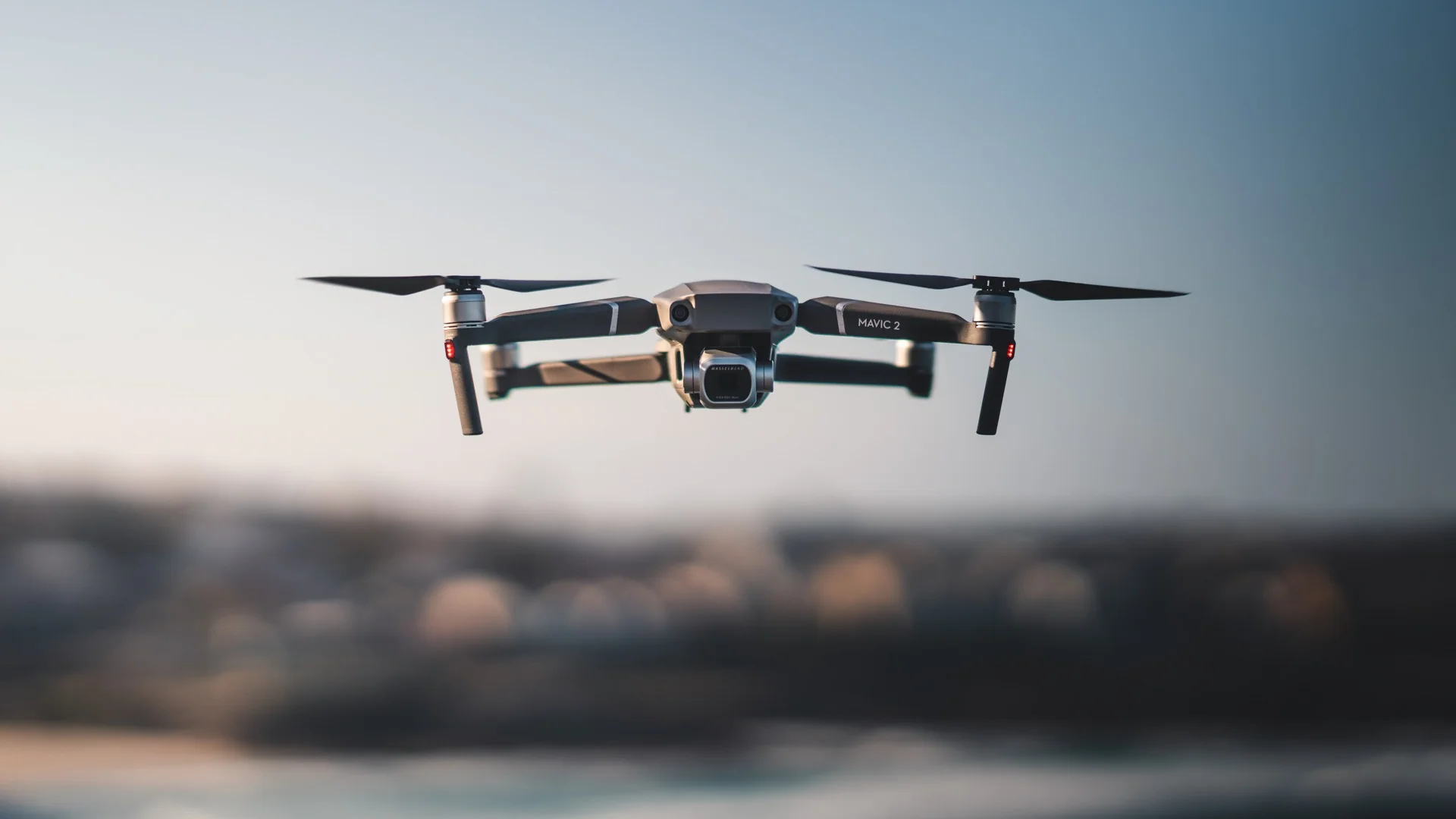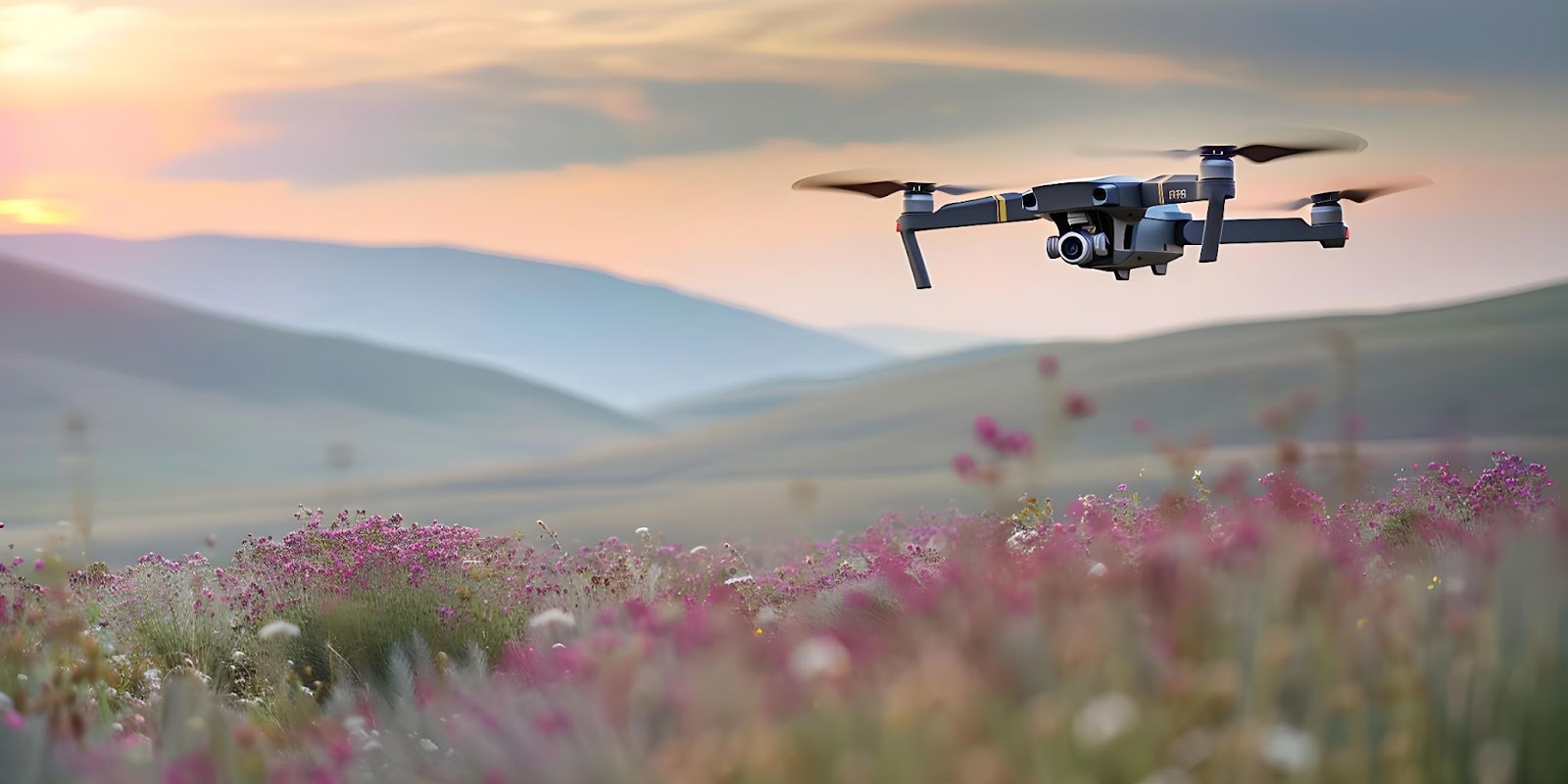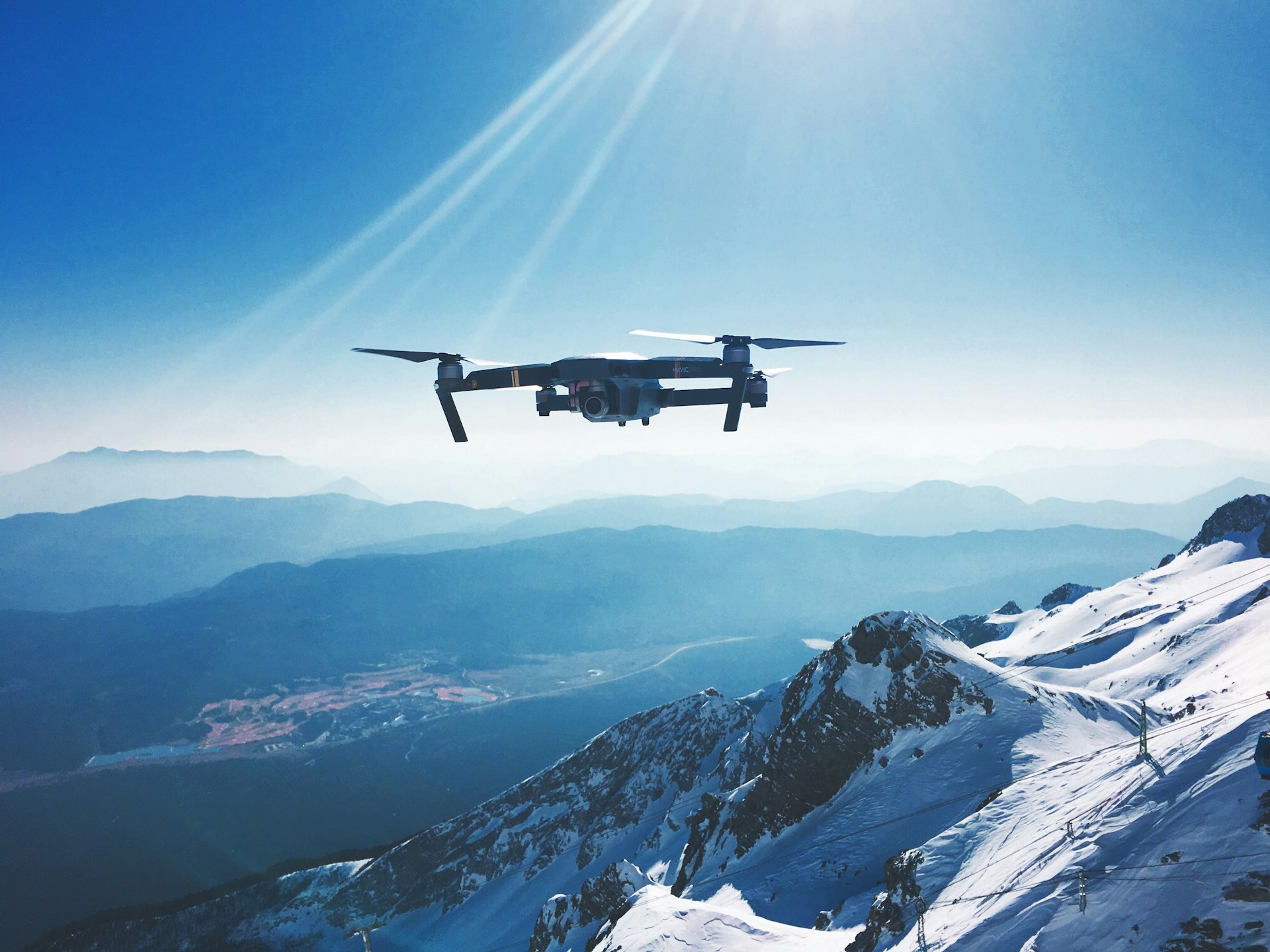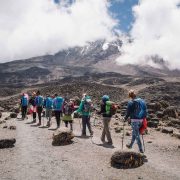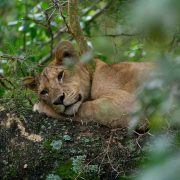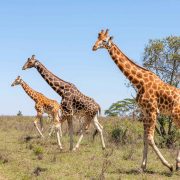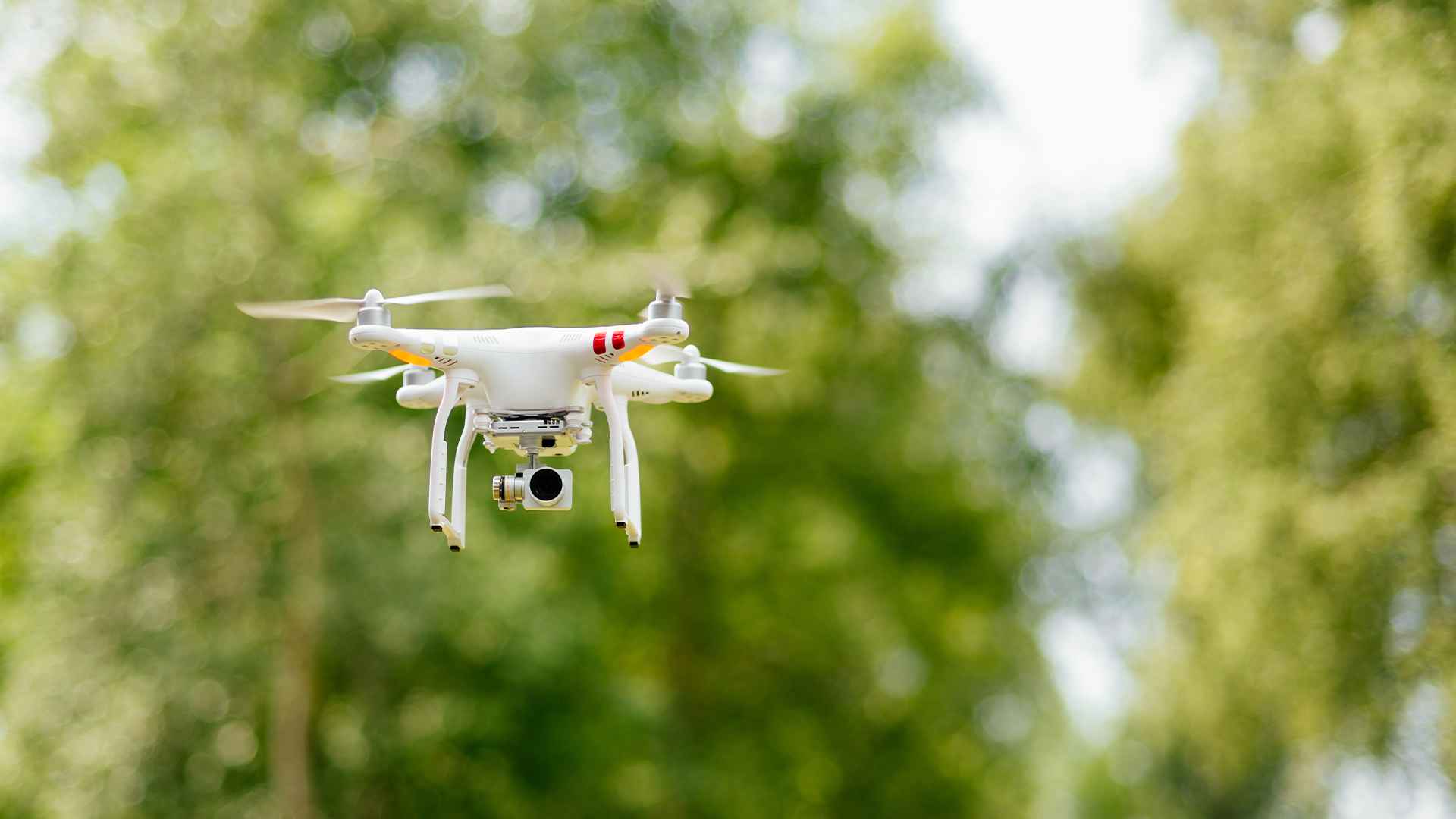
Drone Filming in Tanzania: A Complete Guide to Drone Laws, Permits, and Filming Rules
Drone Filming in Tanzania: Permits, Laws, and What You Need to Know
Drone filming in Tanzania requires special permits, so travelers planning a safari, hiking Kilimanjaro, or visiting Zanzibar should arrange approvals well in advance to avoid complications.
Flying a drone in Tanzania is not as simple as packing your gear and taking off. Tanzania has strict drone laws in place, and operating a drone in the country—especially for filming—requires special permits from multiple government agencies. Failing to obtain the necessary documentation can lead to your drone being confiscated by customs or national park rangers, and it could result in fines or legal penalties.
Drone Laws and Permits in Tanzania
To legally fly a drone in Tanzania, you must secure approvals from several regulatory bodies. These include:
-
The Tanzanian Embassy in your country of residence
Each agency plays a crucial role in the permit process, and the application must be submitted in a specific order. Costs for obtaining drone filming permits start at $5,000 and can increase depending on the length of your trip, locations you intend to film, and number of filming days. In addition, the Ministry of Defense will assign a military officer to accompany your crew during the entire expedition, whose expenses (daily allowance, accommodation, meals, park entry fees) must be covered by you.
Where Can You Film With a Drone in Tanzania?
Once all permits are approved, drone filming in Tanzania is allowed in most areas of the country, including popular destinations like Mount Kilimanjaro, the Serengeti, Tarangire, and Lake Manyara National Parks. However, flying a drone in the Ngorongoro Conservation Area requires a separate and rarely granted permit, issued on a case-by-case basis for high-impact media productions.
Drone Filming Restrictions in National Parks
There are strict regulations for using drones within Tanzania’s national parks. You must:
-
Fly at a minimum height of 50 meters
-
Avoid operating the drone near other tourists
-
Inform the park’s head ranger before drone usage
-
Accept the possibility of being accompanied by a TANAPA ranger during filming
It is also prohibited to film sensitive areas such as Mara River or Grumeti River crossings during the Great Migration, to minimize stress on wildlife.
Special Permits for Ngorongoro Conservation Area
The Ngorongoro Conservation Area Authority (NCAA) operates independently from TANAPA and enforces its own set of rules. Drone filming here is generally prohibited, unless you’re involved in wildlife documentaries or high-budget tourism promotion campaigns. Personal filming or social media content is not permitted. If you want to shoot in this area, you must submit a detailed proposal well in advance, and even then, approval is not guaranteed.
Urban Filming and Hotel Regulations
Drone filming in Tanzania urban areas like Arusha, Moshi, or Dar es Salaam requires extra permits from local police and municipal authorities. Additionally, hotels and lodges may restrict drone use to protect guest privacy. Always get the manager’s permission before filming on private property, regardless of your government-issued permits.
No-Fly Zones in Tanzania
Even with full legal approval, drone operators must avoid filming:
-
Government buildings (e.g., police stations, military facilities)
-
Airports and hospitals
-
Law enforcement or military personnel
-
Large public gatherings such as protests or concerts
-
Prisoners or correctional facilities
Violating these rules could lead to confiscation of equipment or legal consequences.
The Risk of Bringing a Drone Without a Permit
Attempting to enter Tanzania with a drone without a valid permit can have serious consequences. Customs officials routinely check for drones during luggage screening, and if they discover one, they are authorized to seize it immediately. Even if the drone passes customs, park rangers are trained to detect unauthorized drone usage and may confiscate the drone and issue fines to both the tourist and the tour operator. In Kilimanjaro National Park, security includes airport-style bag scanning, ensuring drones are detected before hikers begin their trek.
Why Is the Process So Complicated?
Tanzania’s drone laws aim to protect its natural environment and ensure a peaceful experience for all visitors. With over a million tourists visiting national parks annually, unrestricted drone usage could disrupt wildlife and disturb the tranquility of the parks. These regulations help control noise pollution and protect sensitive ecosystems.
The system also helps filter drone usage to two main groups:
-
Major media productions that promote tourism
-
High-end travelers who contribute significantly to conservation fees and local economies
Permit Application Timelines
The full permit process usually takes between 3 to 4 months, though it can be expedited to 1 to 2 months for an additional cost. Given the complexity, we recommend working with experienced professionals like Kisambi Tours, who are familiar with the procedures and can assist with every step of the process.
How Kisambi Tours Can Help
At Kisambi Tours, we regularly assist filmmakers, media houses, and content creators with the complete permit process for drone filming in Tanzania. From liaising with the Tanzanian Film Board to coordinating with the Ministry of Defense, our team ensures that your expedition is fully legal and smooth.
We’ll calculate your permit costs based on the trip duration, locations, and logistics—and provide a detailed breakdown within 24 hours. Whether you’re filming a wildlife documentary, a tourism campaign, or a brand video, we’ll make sure you’re fully covered.


